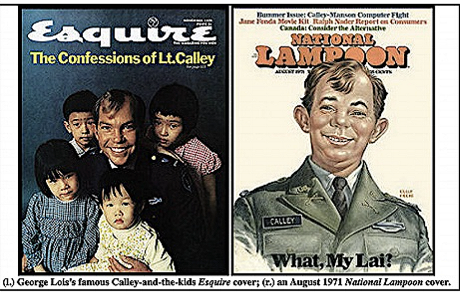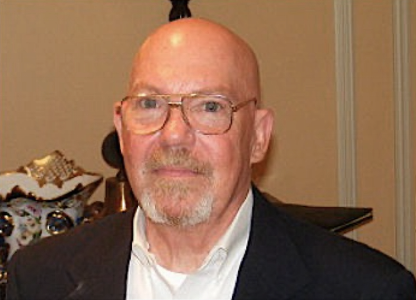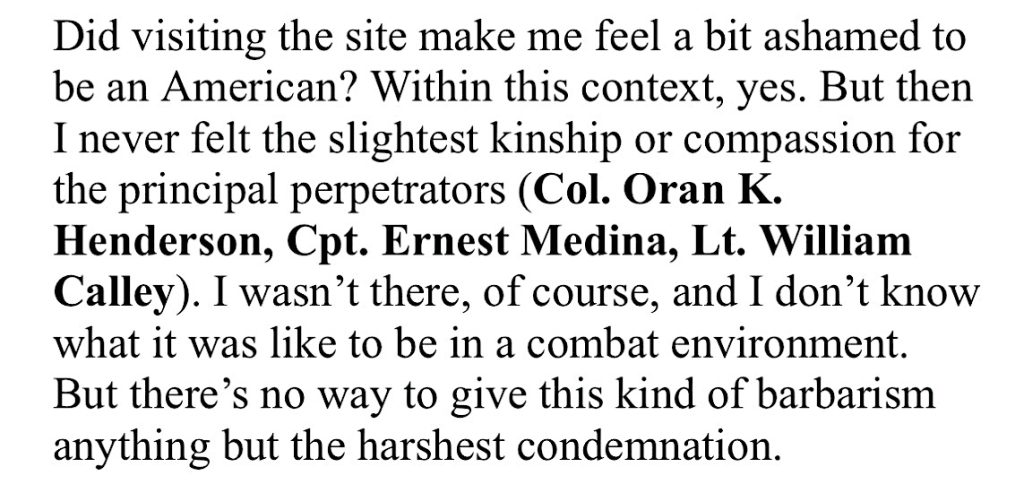Arguably among the greatest actors of our time….has been since Next Stop, Greenwich Village.,..”I think about dialogue very much in terms of rhythm and music…looking for a rhythm, something harmonious.”
Daily
David Janssen, Master of Cab Hailing
In ’74 or thereabouts I happened to run into David Janssen at LAX arrivals. The luggage carousel, I mean. Late in the evening. I didn’t gawk or try to strike up a conversation, God forbid, but I couldn’t help but feel a certain familiarity with the man. Who didn’t back then?
I walked out to curbside to wait for a friend, and noticed Janssen as he strolled out of the terminal and especially the extremely subtle way that he hailed a cab. He didn’t raise his arm or wave or ask a uniformed taxi commandant to do it for him. It was just the slightest hand gesture, and right away a cabbie flashed his lights to signal acknowledgment. I remember saying to myself, ‘Now that is a cool way to hail a cab!”
Janssen’s life and career peaked with the four-year, 120-episode run of The Fugitive (fall of 1963 through August ’67) in which he played the wrongly convicted Richard Kimble, the doctor who didn’t kill his wife and wound up lamming it for four years before finally nailing the the guilty party, a one-armed man with a grim, gorilla-like face (played by Bill Raisch).
Janssen was only 32 when The Fugitive began filming, and 36 when it wrapped during the summer of love.
It always seemed as if Janssen lived with serious anxiety and ambivalence about…well, everything. Who smokes four packs a day with any expectation that he’ll live a long and healthy life? Plus he drank like a fish. Janssen’s heart gave out at age 48…he didn’t even make it to 50!
Sail into The Mystic
HE: “Thomas Alva Edison is not wrong, and many billions of earthlings have found the idea of lights-out finality intolerable and terrifying and have therefore constructed comforting mythologies to fend off the sense of devastation that many philosophers have used to describe contemplations of The Big Sleep. And yet…
“I experienced a seminal and transformative LSD trip when I was 19, and at that moment and forever after I knew that as indifferent and scientific or mathematical as the universe could be defined in the minds of your average wannabe Albert Einsteins out there, it was nonetheless magnificent and unified and sublime and finally spellbinding in the George Harrison lotus position sense of that term.
“I knew that an eternal hum of profound cosmic perfection hovered above, within and without my mortal coil.
“Einstein himself spoke endearingly of a sense of soul-soothing tranquility that permeated when he, without dropping a tab of Orange Wedge or sipping from a ground-up Carlos Casteneda broth of peyote buttons and whatever else, had sailed into the mystic. He wasn’t expecting to flutter around on angel wings or hover over the earth like Dave Bowman at the end of 2001, but he felt profoundly settled and comforted by the infinite eternal-ness of it all.”
Franny P to HE: “What the heck are you saying? Sounds like you’re still on LSD.”
HE to Franny: “That’s because when you finally slip into the mystical, it never leaves you. So in a sense I am still on LSD, or swimming in the spiritual waters that my long-ago LSD awakening introduced me to.
“I’m saying that the eternal perfection of the cosmic scheme of things has been in place for eons and will remain in place for eons, and if you, Franny P., don’t want to tune into the altogether because it doesn’t interest you or because you feel too constrained by logical rules and regulations, then that’s on you and go with God. I’m okay and you’re okay.
“Travelling into the mystic means giving up thought and reason and boilerplate logic and just ‘letting it in.’ Read the Bhagavad Gita or listen to ‘Tomorrow Never Knows‘….it’s all there.”
Thursday, 6.27…What A Night!
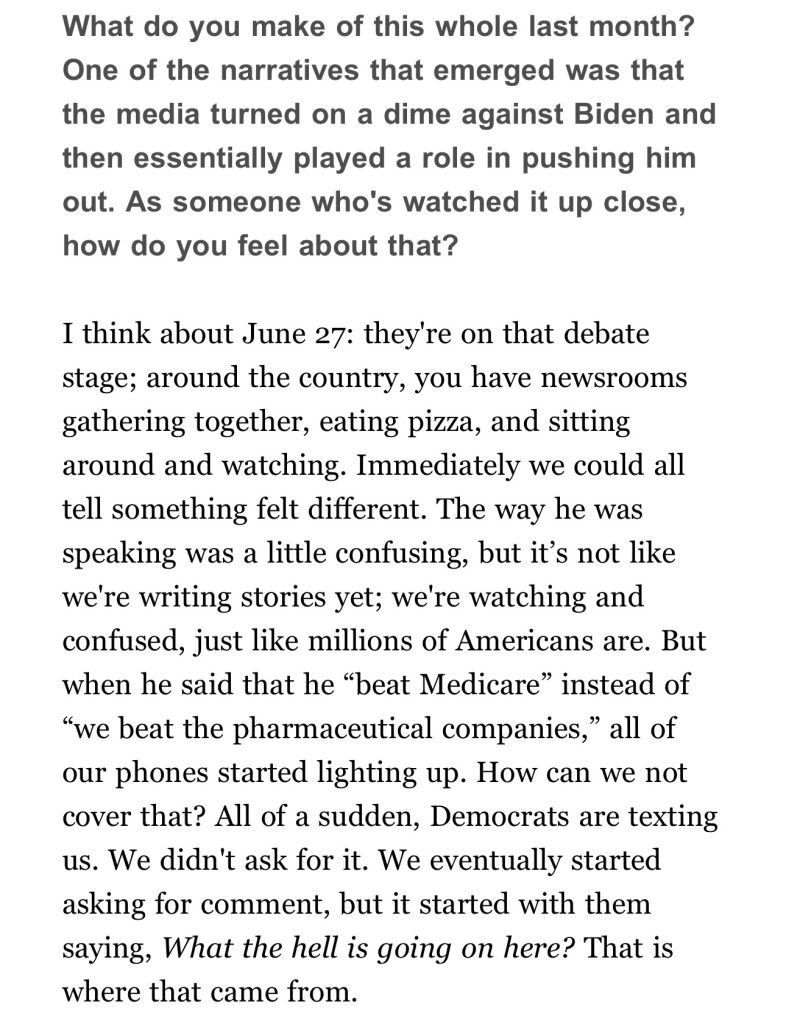
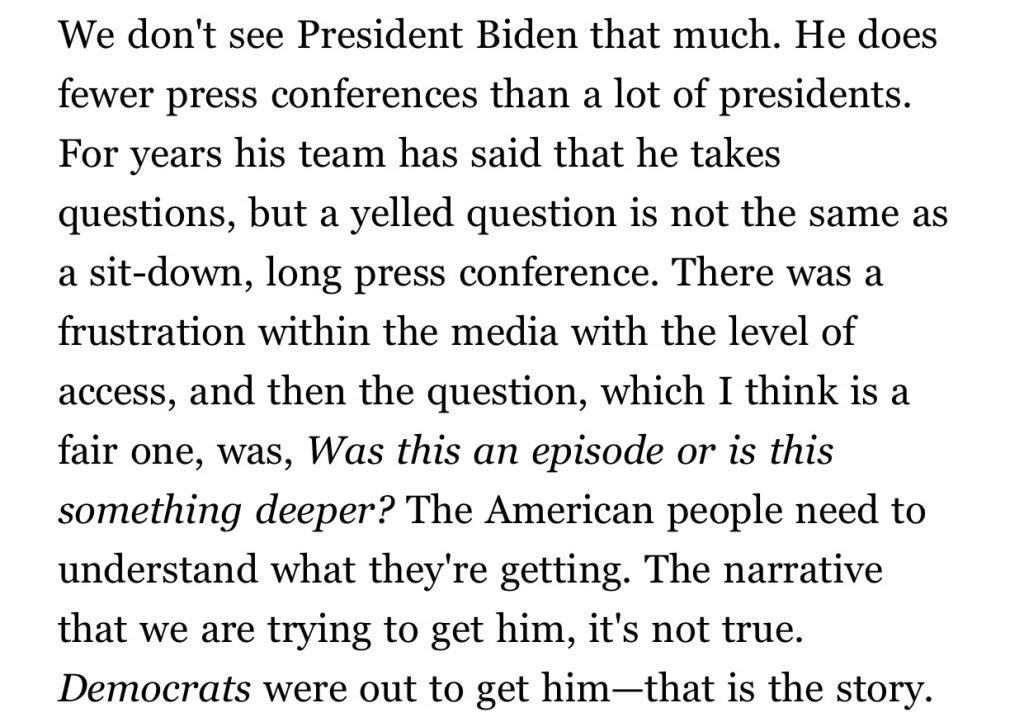

Genius Title for Reitman’s SNL Flick: “Jane, You Ignorant Slut”
It was announced yesterday (7.30) that Jason Reitman‘s SNL 1975 has been retitled Saturday Night, which in my mind is a safe, boring, candy-ass title that damn near puts you to sleep. (The rationale is that SNL was originally called Saturday Night during its first season).
But if it was called Jane, You Ignorant Slut, the entire civilized world would beat a path to the megaplex when it opens on Friday, 10.11.
No, no, wait….it can’t be called Jane, You Ignorant Slut! It can’t because the #MeToo brigade would take offense and possibly even picket the megaplexes where it’ll be showing.
This is the difference between the sensibilities of 2024 and 1975. There was a certain impudent, irreverent, hornet’s-nest-poking attitude in ’75, and today there’s mostly squeamishness, which is a polite term for cowardice.
No, it doesn’t matter in the slightest that the Dan Aykroyd-Jane Curtin “Point-Counterpoint” skits launched in 1978…a non-issue.
Here’s hoping Saturday Night plays at Telluride.

Harris Has Apparently Enlisted Shapiro as VP…Right?
Yesterday Politico‘s Holly Otterbein and Eugene Daniels reported that Kamala Harris will appear with her chosen running mate next Tuesday (8.6) in Philadelphia. Would it make any sense at all for Harris to trek to the City of Brotherly Love to announce that she’s chosen Arizona senator Mark Kelly? Or Kentucky governor Andy Beshear? Doesn’t it seem obvious that the pick is Pennsyvania governor Mark Shapiro, a whipsmart, bespectacled, razor-tongued 51-year-old GenXer?


Coppola Kissing Video Called Misleading Distortion
The story never got much traction when it broke last Friday (7.26) but now the woman in the video (i.e., the recipient of Francis Coppola’s on-set affection during the shooting of Megalopolis) has posted on Instagram that it’s mostly bullshit and at the very least misleading by way of over-inflation.
Deadline’s Mike Fleming, a longtime Coppola ally, has scolded Variety’s Tatiana Siegel and Brent Lang for being over-zealous, etc.
I have no dog in this hunt. I do know that #MeToo zealotry has instilled a hunger in some to take down older white guys…yum! Roman Polanski, Woody Allen, Frank Langella and others were fine when the media first pounced, but the outrage machine needs to be constantly fed fresh meat.
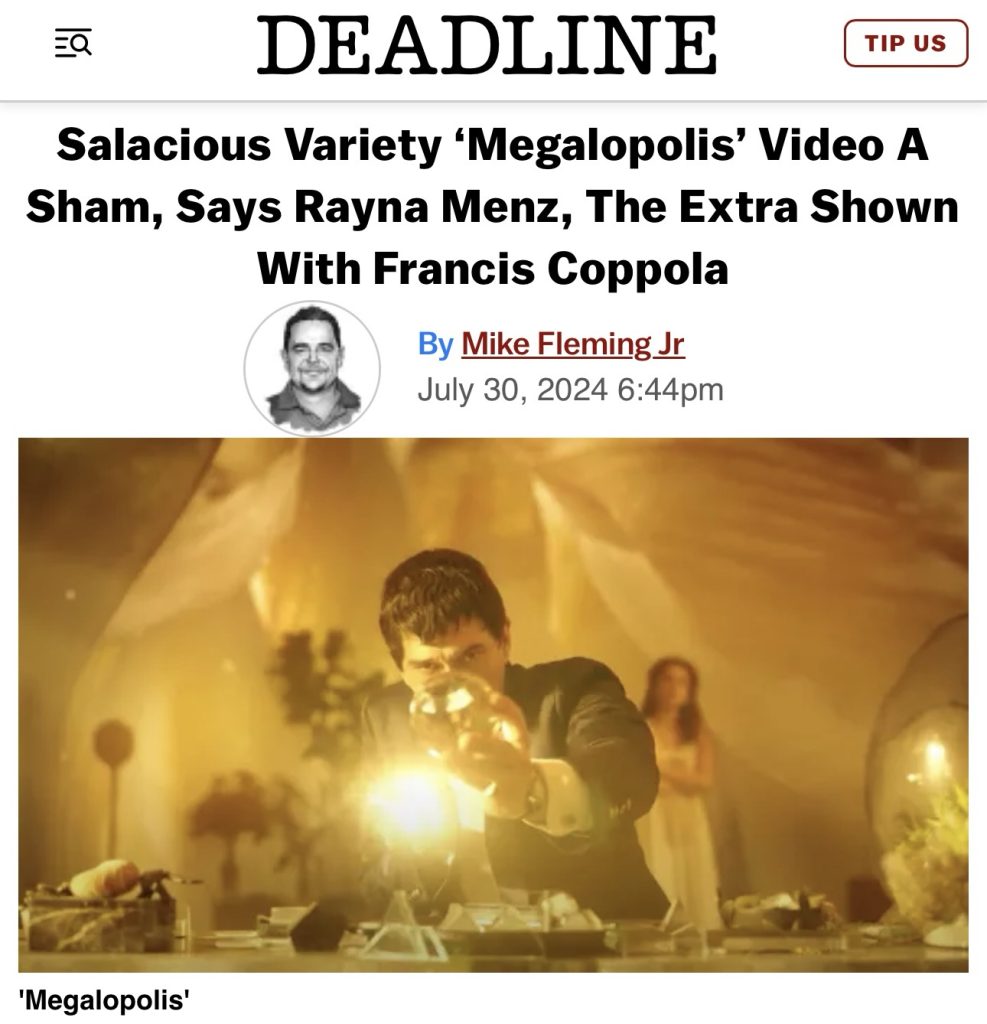
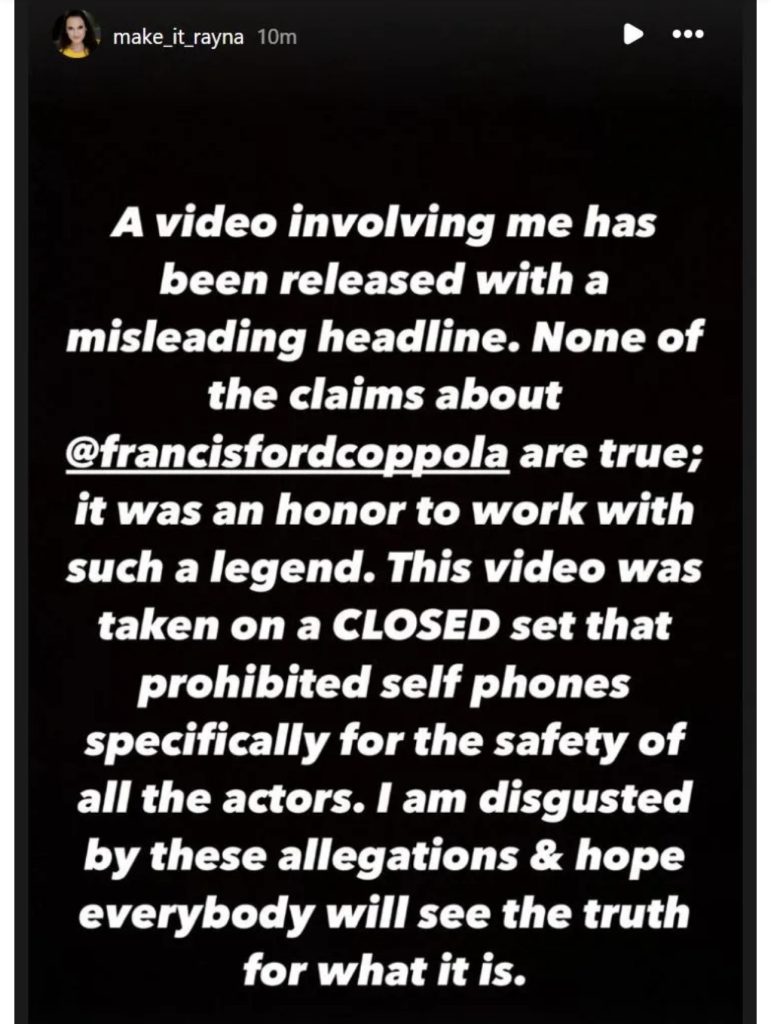
Giving Generously to the Malloys and Kowalskis
If I was a kindly Mr. Belvedere type and had money to burn during the early years of the Eisenhower administration, I would want to do what I could to improve two marriages that are hobbled by husbands who think small and need to have their horizons broadened.
I’m speaking of Stanley and Stella Kowalski of New Orleans. married in 1947 but struggling with Stanley’s primitive grease-monkey mentality as well as the traumatic after-effects of a prolonged visit to their French Quarter apartment by Stella’s mentally unstable older sister, Blanche.
I’m also speaking of Terry and Edie Malloy, a Hoboken couple who happily tied the knot in the fall of 1954 but are facing a limited future, in no small part due to Terry’s lack of education and his resultant inability to live or think beyond any place other than Hoboken, despite some terribly brutal experiences that they both endured at the hand of gangster Johnny Friendly.
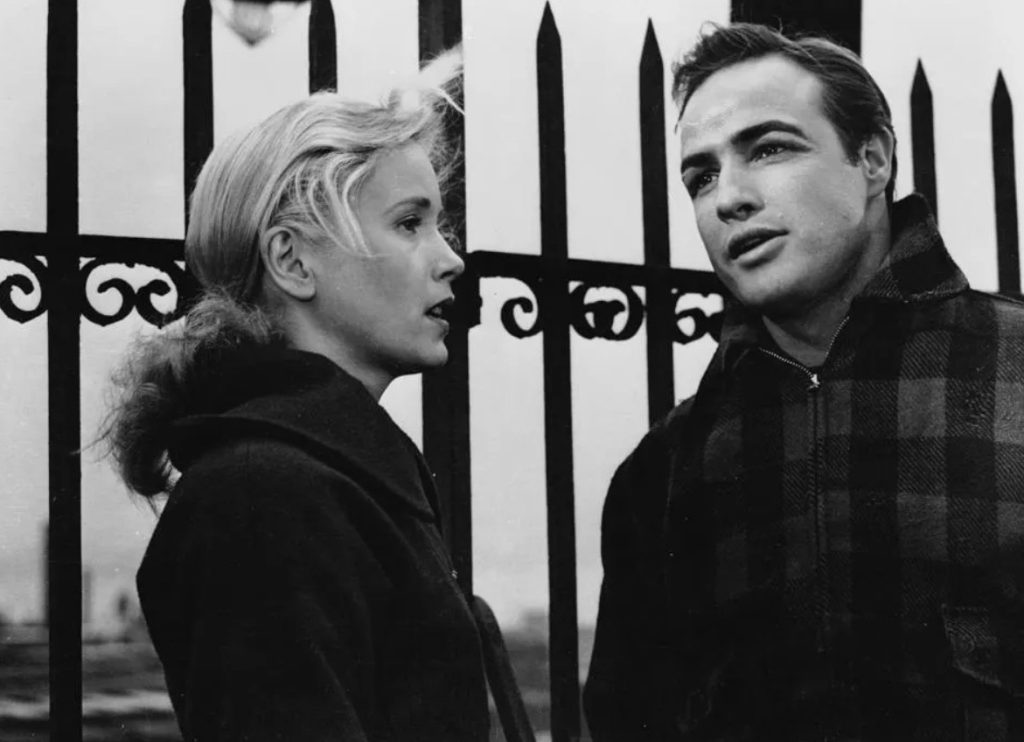
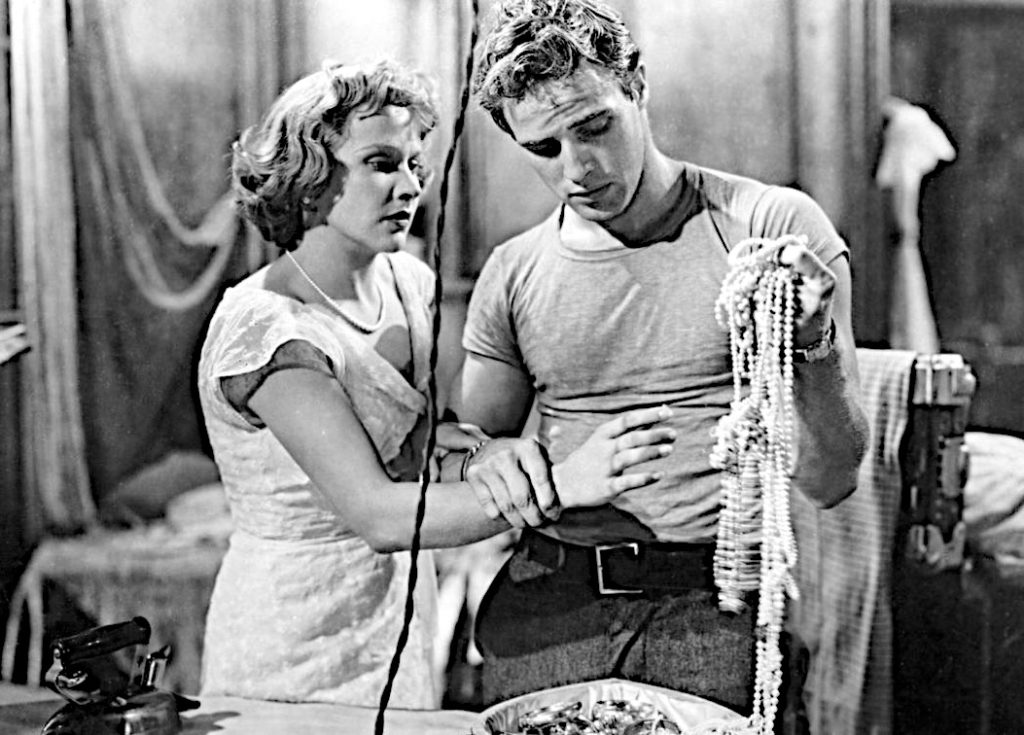
Edie and Stella are good, caring, deeply spiritual women and basically fine but Terry and Stanley need a certain kind of education that might open them up and perhaps even set their souls free.
My response would be to befriend the Kowalskis and the Malloys and separately take them to Europe and show them around as best I could. Trust me, their lives would be immeasurably enriched by visits to London, the English countryside, Paris, Tuscany, Rome and the Amalfi Coast.
I would start the Malloy adventure in Dublin and Southern Ireland so Terry could appreciate his Irish heritage.
Likewise for Stanley’s benefit I would make a point of taking the Kowalskis to Poland (Warsaw, Gdańsk, Krakow).
The Malloys and the Kowalskis may or may not find domestic harmony and fulfillment after their European travels. But they would at least have felt and seen and tasted a greater, richer world, and you can bet that Terry and Stanley would emerge as men of deeper reflection and greater consequence.
And you know what? If these European jaunts work out I would arrange for the couples to meet in Manhattan in the early fall of ‘55 (suites at the Waldorf Astoria, dinner at Minetta Tavern, tickets to see a B’way musical or perhaps an Arthur Miller play).
Imagine Stanley and Terry meeting for the first time! And you know Edie and Stella would get along famously.
If It Depicts Institutional Sadism, It Has To Be Good
Did Steve McQueen‘s 12 Years A Slave (’13), which was filled with brutality and sadism, qualify as black misery porn?
No, it didn’t. Not once did I think to myself, “This is a real downer.” Partly because Chiwetel Ejiofor‘s “Solomon Northup” was and is a great character, and because McQueen’s film amounted to much more than subject matter — it was and is a masterful, deeply affecting human drama.
That said, read this Wikipedia page about Colson Whitehead’s “The Nickel Boys” (2019) and explain to me how RaMell Ross’s film adaptation (Amazon/MGM., 10.25), due to screen at Telluride and open the New York Film Festival a few weeks later…tell me how this doesn’t feel (from a distance at least) like Black Misery Porn in bold caps.
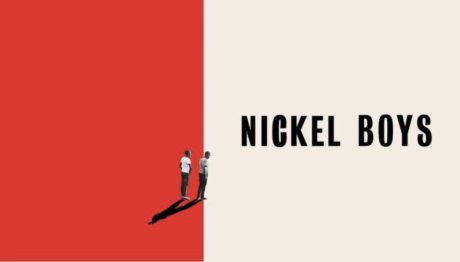
Who Are The New Man-Bitches?
And who are the sons of Lee Marvin?
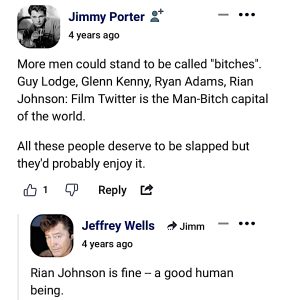
Way of the World
Kamala Harris‘s history with Willie Brown in the ’90s is, of course, a so-whatter.
Within the quiet corridors of power it is totally par-for-the-course for attractive women to climb the ladder by way of a relationship with a powerful dude. The film industry has long been rife with such arrangements — Nicole Kidman and Tom Cruise, Monica Vitti and Michelangelo Antonioni, Guiletta Masina and Federico Fellini, etc. Not to mention Caesar and Cleopatra, Napoleon and Josephine, Evita and Juan Peron, etc.
There is no one, no one at all
Never has been, and never will be a lover, male or female
Who hasn’t an eye on, in fact they rely on
Tricks they can try on their partner
They’re hoping their lover will help them or keep them
Support them, promote them
Don’t blame them, you’re the same
Has life ever been fair? I am shocked….shocked!…that people use each other for this or that gain.


